Our Compelling Advantages
Teaching
The School of High Technologies offers excellent undergraduate and postgraduate courses and modern teaching facilities. The school's research groups have access to the latest commercially available technology that facilitates its cutting-edge research.
Our excellence in teaching also carries students through to life after university: our graduates are popular with employees for their extensive educational background.
Research
The School engages locally and internationally with industry, scientific societies and other educational communities in order to advance knowledge and innovations in the service to society and educate the next generation of scientists.
State-of-the-art instrumentation, facilities and services are available across all of the research areas within the school.
School of High Technologies was founded on October 2, 2017 by the merger of the School of Metallurgy and Chemical Technology, School of Food Engineering and Biotechnology, School of Cybernetics and the Physicotechnical School
High technologies commonly referred as hi-tech are cutting edge technologies. They are considered important for national and regional economic development and are sometimes equated with high wage jobs.
The mission of the school is to offer high standard modern educational programs, promote scientific and creative activities through its faculty and students and establish strong relations between both an academic and industrial institutions.
We engage a multidisciplinary approach to education and research and address global challenges, ranging from metallurgy, nanotechnology, biotechnology, chemical and food technology and to infocommunication technologies, radio engineering, control systems, quality management, investment engineering.
The school has over 150 members of academic, administrative and technical staff who support teaching and drive the school's research program.
Educational programs
 Russian
Russian  Russian
Russian  Russian
Russian  Russian
Russian  Russian
Russian  Russian
Russian  Russian
Russian  Russian
Russian  Russian
Russian  Russian
Russian  Russian
Russian  Russian
Russian  Russian
Russian Our Structure
- Department of Chemistry and Biotechnology named after V.V. Tuturina
- Department of Metallurgy of Non-Ferrous Metals
- Department of Radioelectronics and Telecommunication Systems
- Applied Chemistry and Biotechnology Research Lab
- Department of Automation and Control
- Department of Chemical Technology named after N.I. Yaropolov
Key Personnel
 Phone
Phone  Mail
Mail  Phone
Phone  Mail
Mail  Phone
Phone  Phone
Phone New releases
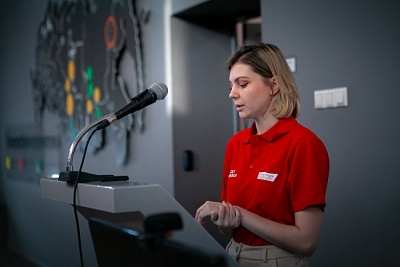
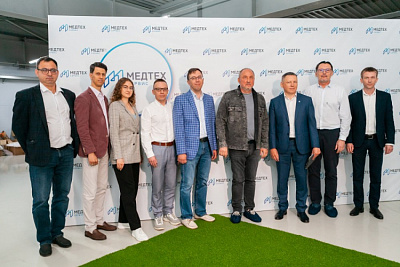
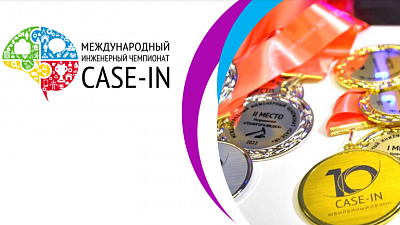
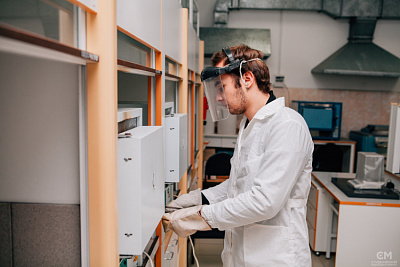
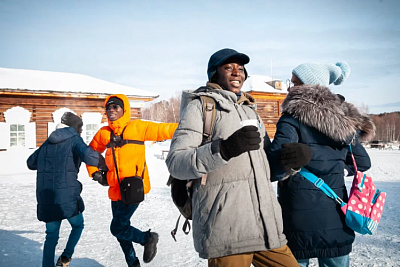
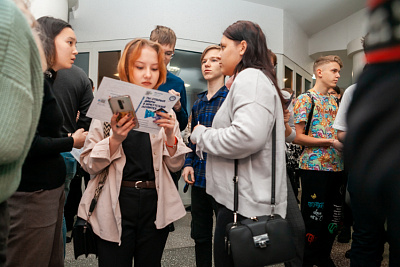

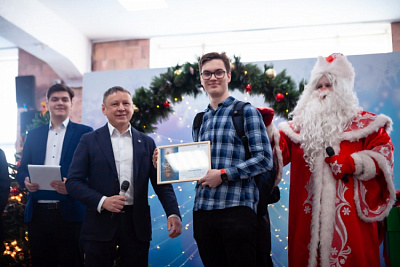
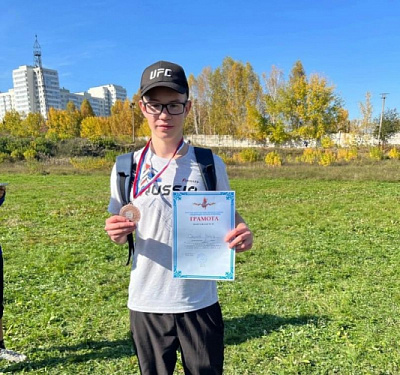
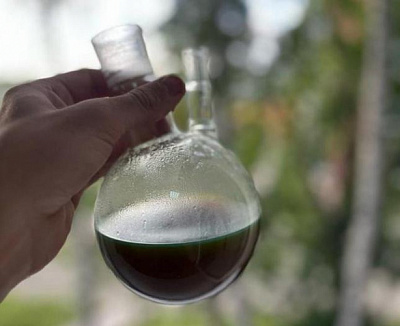
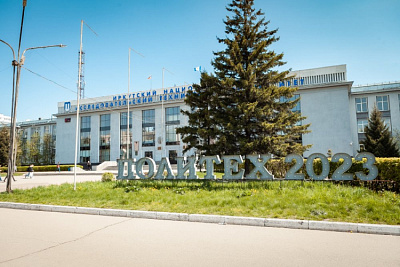
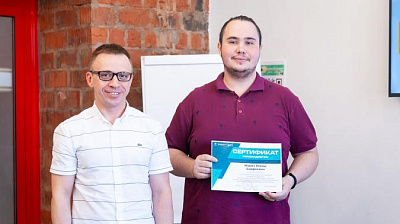
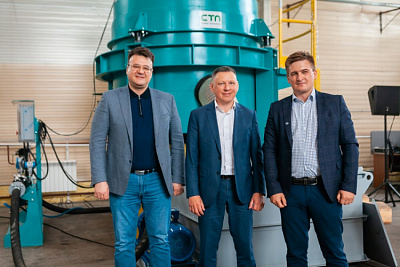
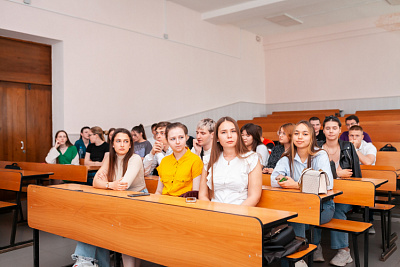
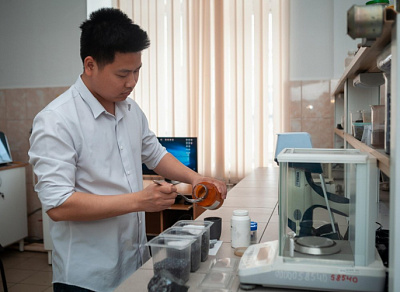

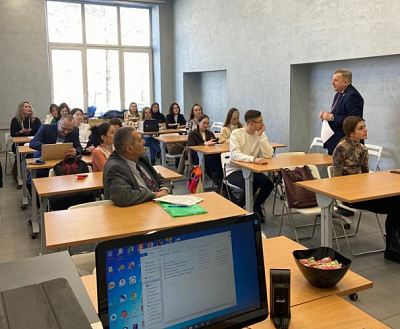
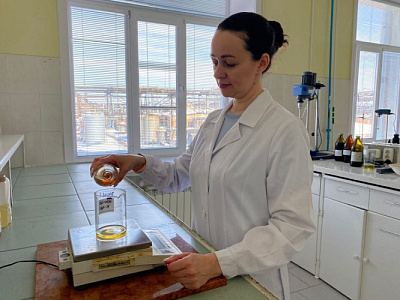

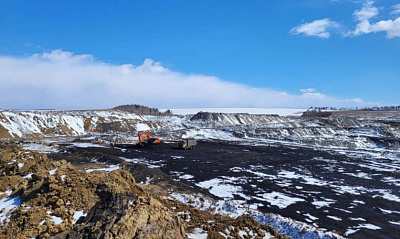
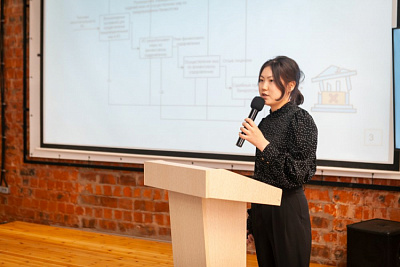
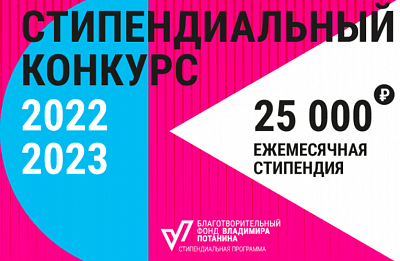
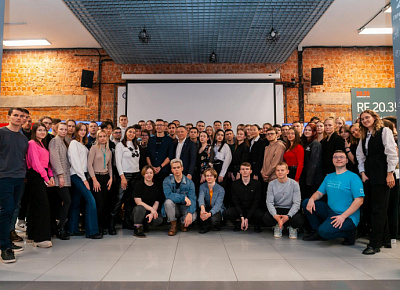
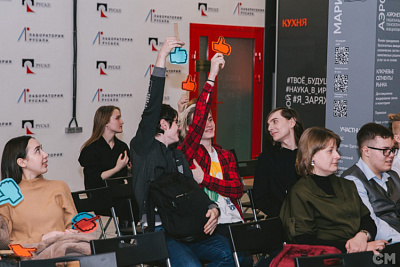

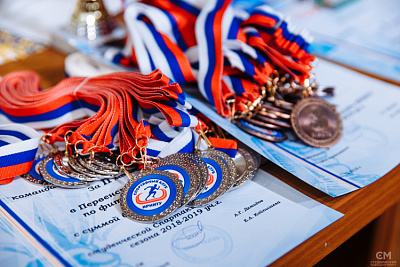


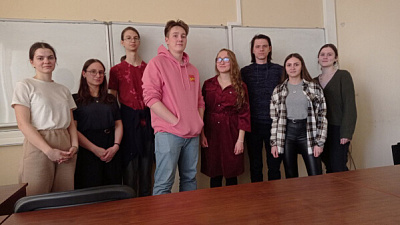


 Location
Location